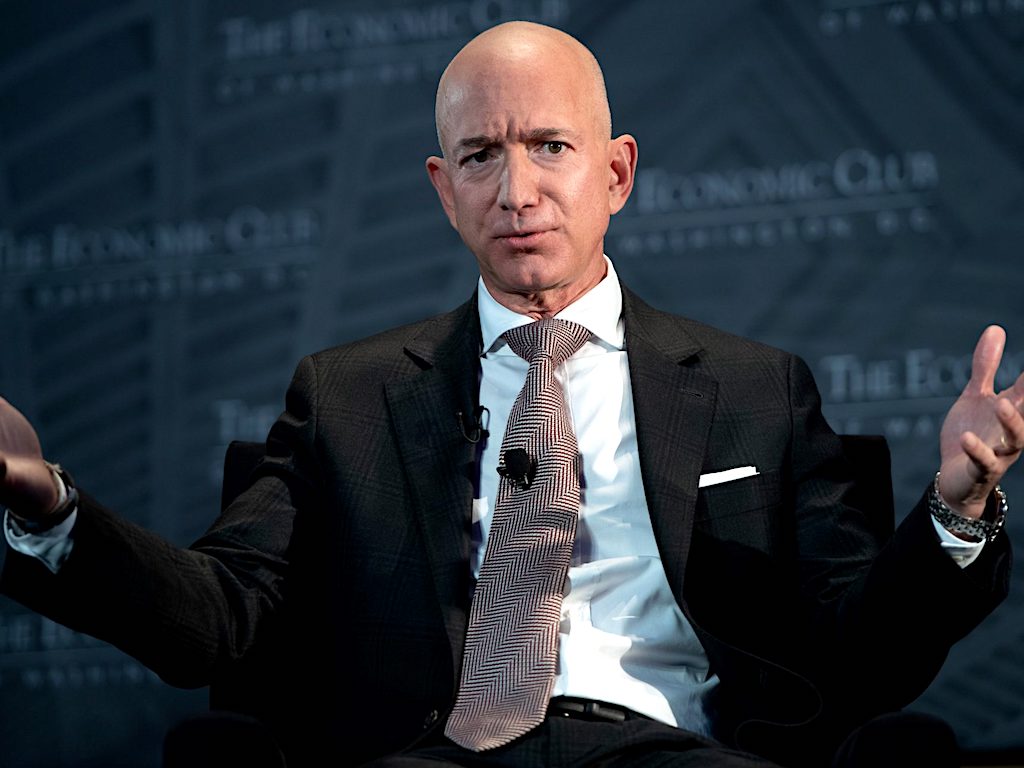3 Mins Read
Tim Bray, an engineer and vice-president at Amazon’s Web Services arm, has made a high-profile exit from the e-commerce giant. In a post explaining his resignation, Bray said he was “in dismay” over the company’s firing of employee activists who have spoken out against Amazon’s poor working conditions and inadequate protections during the pandemic. His departure marks the highest-ranking corporate employee to resign, and follows mounting widespread criticism over Amazon’s internal response to coronavirus and its tainted climate record.
In his post, Bray called the firings of activist organisers at the company “chickenshit”, and said that Amazon’s decisions were “designed to create a climate of fear”. Amazon workers, in the past few weeks, have participated in nationwide campaigns and “sick-outs” to protest against insufficient safety protections such as failing to provide face masks, regular temperature checks at warehouses and lack of paid sick leave.
Multiple Amazon warehouse workers, including Courtney Bowden, Bashir Mohammed, Chris Smalls and Gerald Bryson, have all been fired after organising the protests. The company cited violations of internal policies as the reason for the forced dismissals.
“Remaining an Amazon VP would have meant, in effect, signing off on actions I despised,” wrote Bray. He had worked for Amazon Web Services, the cloud computing platform under the multinational firm.
Amazon’s reputation over the past few months has been shrouded by a number of employee protests. In January, hundreds of Amazon employees publicly criticised the company’s massive failure to meet its “moral responsibility” in the climate crisis, following multiple high-profile employee walkouts against Amazon’s lucrative contracts with large fossil fuel firms, which are fuelling carbon emissions that drive the climate crisis.
The climate activism by Amazon employees was in direct defiance of the company’s internal corporate policy barring workers from speaking out about business affairs. Soon after, Amazon threatened at least 3 workers who called for climate action with the risk of dismissal. Jeff Bezos, the founder and CEO of Amazon, also reiterated that despite the protests, Amazon’s cloud computing branch will not end business with fossil fuel companies.
Read: Can Amazon-backed sustainability media bring climate culprits to task?
While Bezos recently made headlines for splashing out US$10 billion for a new Bezos Earth Fund to save the planet, critics were quick to note that it amounted to a mere fraction of his US$130 billion net worth at the time.
Since the pandemic struck in 2020, Amazon has made more than US$33 million per hour, according to the earnings reports released last week, mainly due to the boost in online sales from consumers on lockdown. Bezos’ personal fortune has ballooned to US$145 billion, yet his employees – particularly warehouse and delivery workers who are considered essential during the pandemic – have continued to struggle for the most basic health protections.
To add to the history of questionable ethical and environmental credentials, Amazon’s brand has long been tarred by allegations of problematic human rights abuses of its minimum-wage warehouse workers.
“At the end of the day, the big problem isn’t the specifics of Covid-19 response. It’s that Amazon treats the humans in the warehouses as fungible units of pick-and-pack potential,” wrote Bray. “Only that’s not just Amazon, it’s how 21st-century capitalism is done.”
Lead image courtesy of Saul Loeb / Getty Images.




